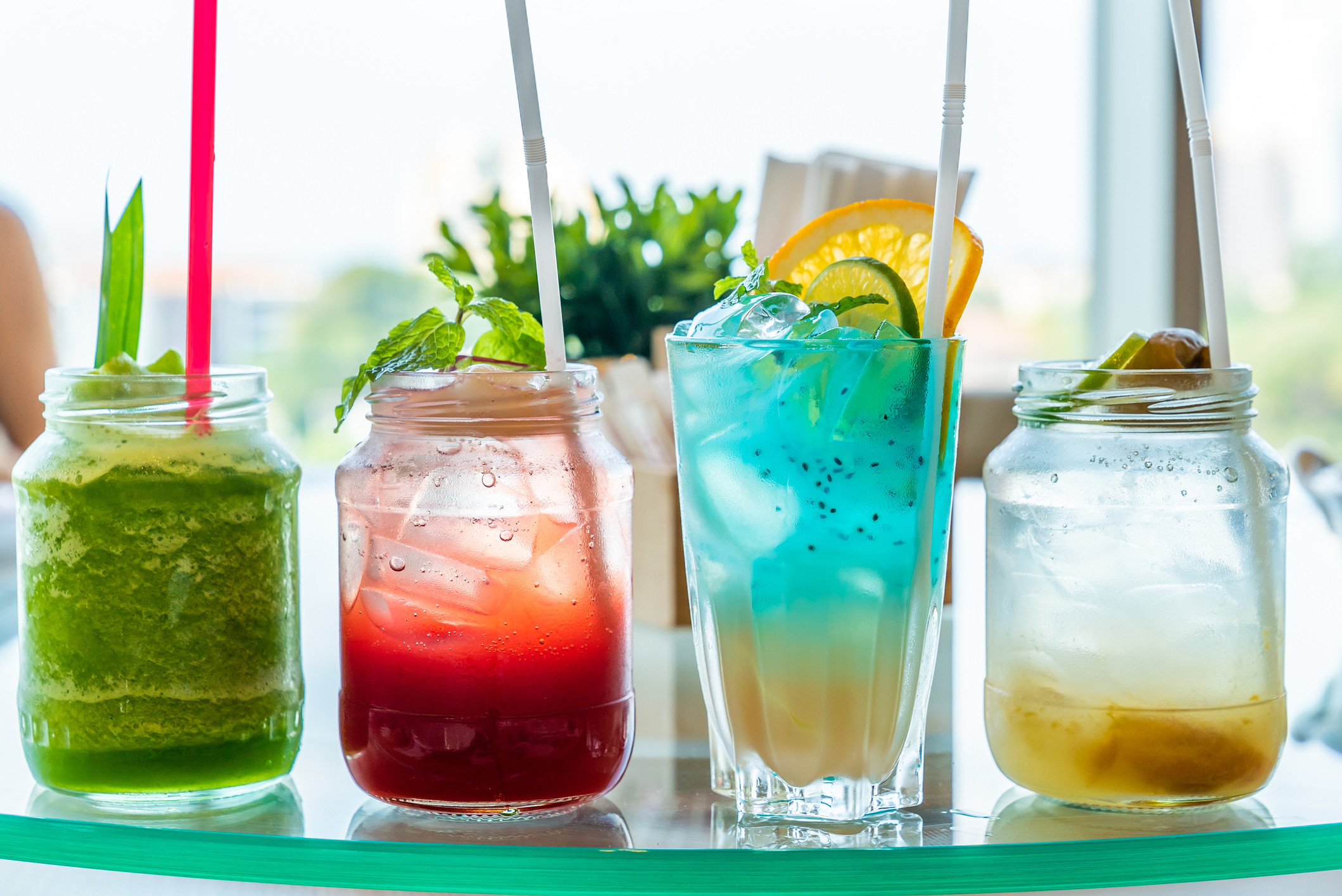From prebiotic sodas to collagen waters, beverages are trying to do the most. Consumers are drinking it up. The market for functional beverages, drinks that offer added health benefits, is booming, with manufacturers catering to a growing demand for products that promise everything from better digestion to enhanced energy and sharper focus.
The global market for functional beverages exceeds $150 billion and is projected to reach $278.11 billion by 2030, with millennials leading the charge in consumption. The proliferation of these drinks peaked just before the pandemic, but their popularity has continued to rise, jumping more than 50% in the US since 2020. This surge is driven by a confluence of factors, including a growing health consciousness, the desire for convenient nutrition options, and the increasing availability of these drinks in a variety of formats and flavors.
The Science of Functional Beverages
The active ingredients in these beverages include a diverse range of molecules and compounds, some of which have been studied for decades. Fortified milk, for example, contains calcium and vitamin D, crucial nutrients for bone health. Kombucha, fermented tea, contains yeast and bacteria that can positively impact digestion. And citrus juices provide vitamin C, essential for bone health and numerous other bodily processes.
However, the evidence supporting many of the claims surrounding the latest buzzworthy functional drinks is often speculative. The effectiveness of these ingredients in a bottled beverage is uncertain, as variables like water hardness, the presence of other components, and processing conditions can all affect their efficacy. Rigorous testing is often lacking, making it difficult to determine if these drinks truly deliver on their promises. This lack of evidence is compounded by inadequate labeling, which can fail to inform consumers about potential side effects, as illustrated by the experience with energy drinks and the author's own encounter with Olipop.
The Marketing of Functional Beverages
Despite the mixed scientific evidence, functional beverages are incredibly easy to sell. Unlike traditional beverages, they are not limited to specific times or occasions. This allows for a “marketing goldmine,” as there’s no limit to how much these drinks can be marketed and consumed.
This approach capitalizes on a growing trend of medicalizing everyday life, where individuals increasingly view their bodies as inherently flawed and seek solutions to fix or improve them. This mindset has created a market for products that promise to enhance every aspect of our health, from skin glow and immune function to sleep quality and mental focus.
The Cultural Context of Functional Beverages
The desire for beverages that cure our ills and extend our vitality is deeply rooted in human history. Ancient civilizations recognized the medicinal properties of tea, wine, and coffee. The 20th century saw the rise of the “medicalization of everyday life,” fueled by advancements in medicine and pharmaceuticals, leading to a widespread belief that the human body is inherently flawed and needs constant improvement.
Food producers capitalized on this trend, introducing products that promised health benefits without necessarily having scientific evidence to back up their claims. This culminated in a surge of functional foods and beverages, promising everything from improved digestion to enhanced immunity and boosted cognitive function.
The Psychology of Functional Beverages
The popularity of functional beverages can be attributed to several psychological factors. One key factor is the fear that our increasingly processed and environmentally degraded food supply no longer provides the necessary nutrients. This fear drives consumers to seek these nutrients elsewhere, often leading to a reliance on the same food industry that created the problem.
Another contributing factor is the collision of mortality fears with consumerism. The desire to escape aging and maintain youthful vitality combines with the belief that our problems can be solved by purchasing and consuming the right products. Social media amplifies this anxiety, leading to comparisons and heightened concerns about aging and physical appearance.
The Future of Functional Beverages
Functional beverages represent a response to the medicalization of everyday life, offering consumers a sense of control over their health. They allow individuals to push back against the message that their bodies are inherently out of order, promoting a sense of empowerment and self-reliance. This individualistic approach stands in contrast to the past, when functional beverages were often associated with community and collective experiences.
The future of functional beverages remains uncertain. While these drinks provide a sense of control and offer convenient ways to address our health concerns, they may not always be the most effective or sustainable solutions. It’s important to approach these products with a critical eye, balancing convenience with a holistic approach to health and wellness.
The Takeaway
The booming market for functional beverages is a testament to the growing demand for health-focused products. While these drinks offer a convenient way to address various health concerns, it's important to approach them with a critical eye, considering the evidence supporting their claims and understanding the potential downsides. Ultimately, a holistic approach to health, including a balanced diet, regular exercise, and adequate sleep, remains the most effective way to achieve long-term wellness.

















